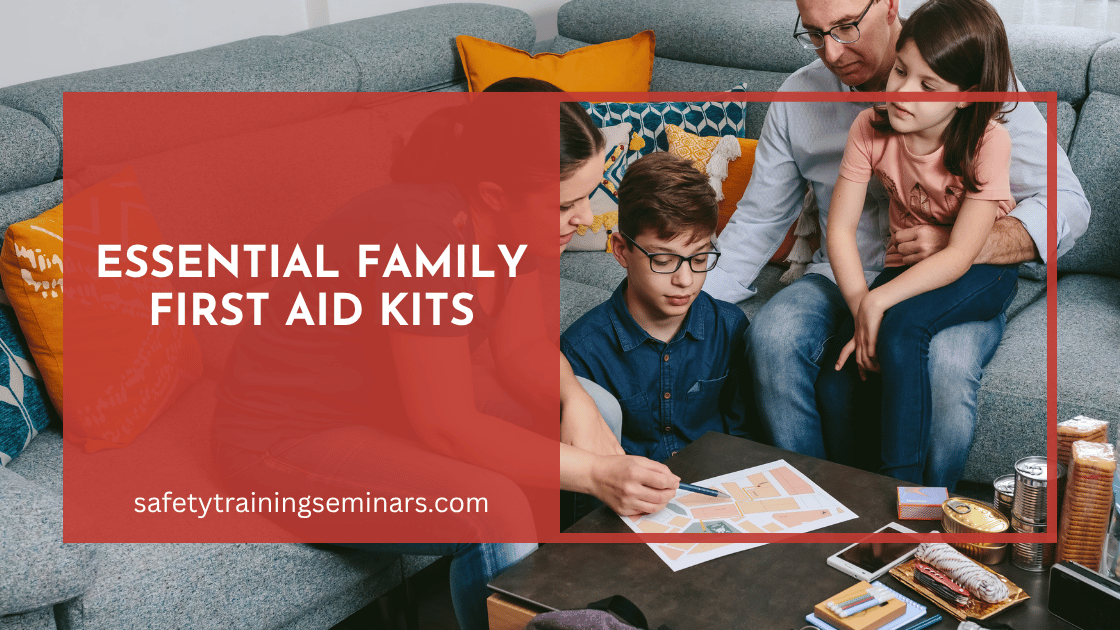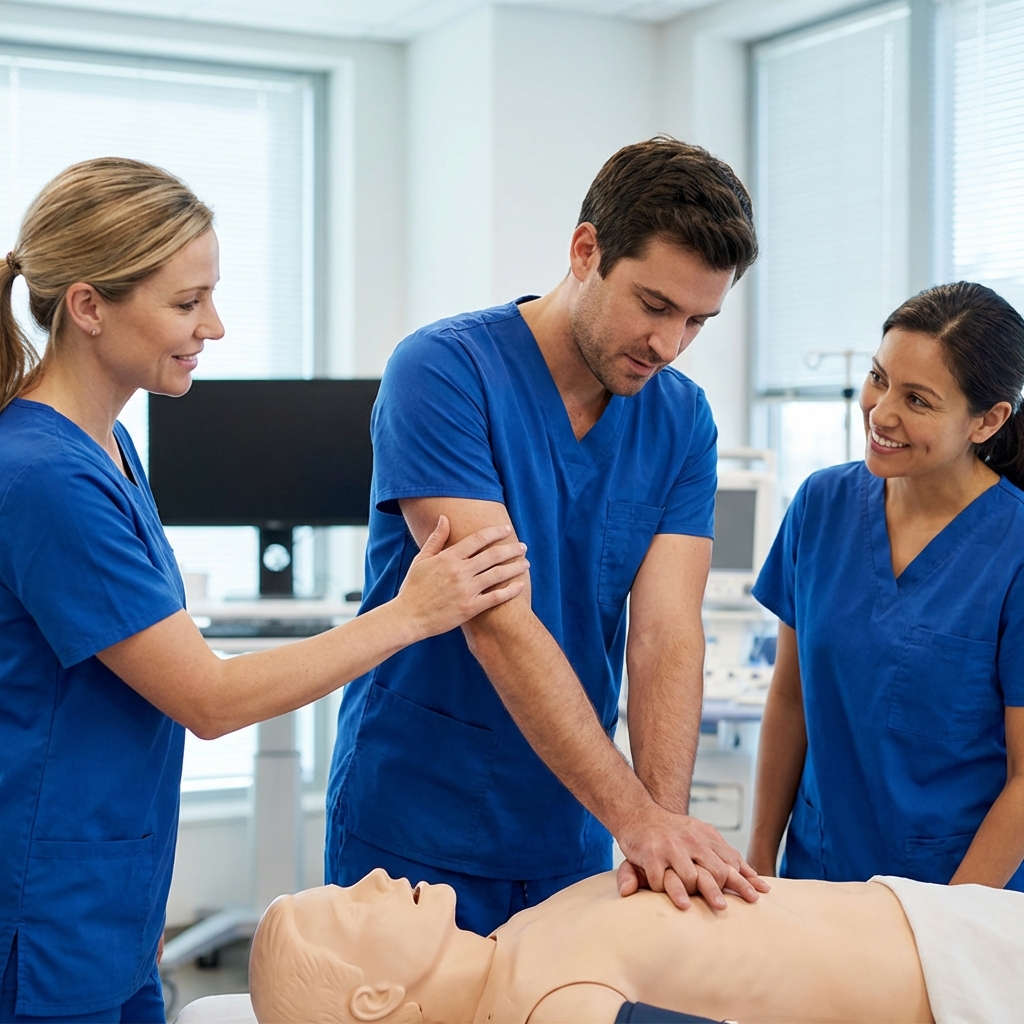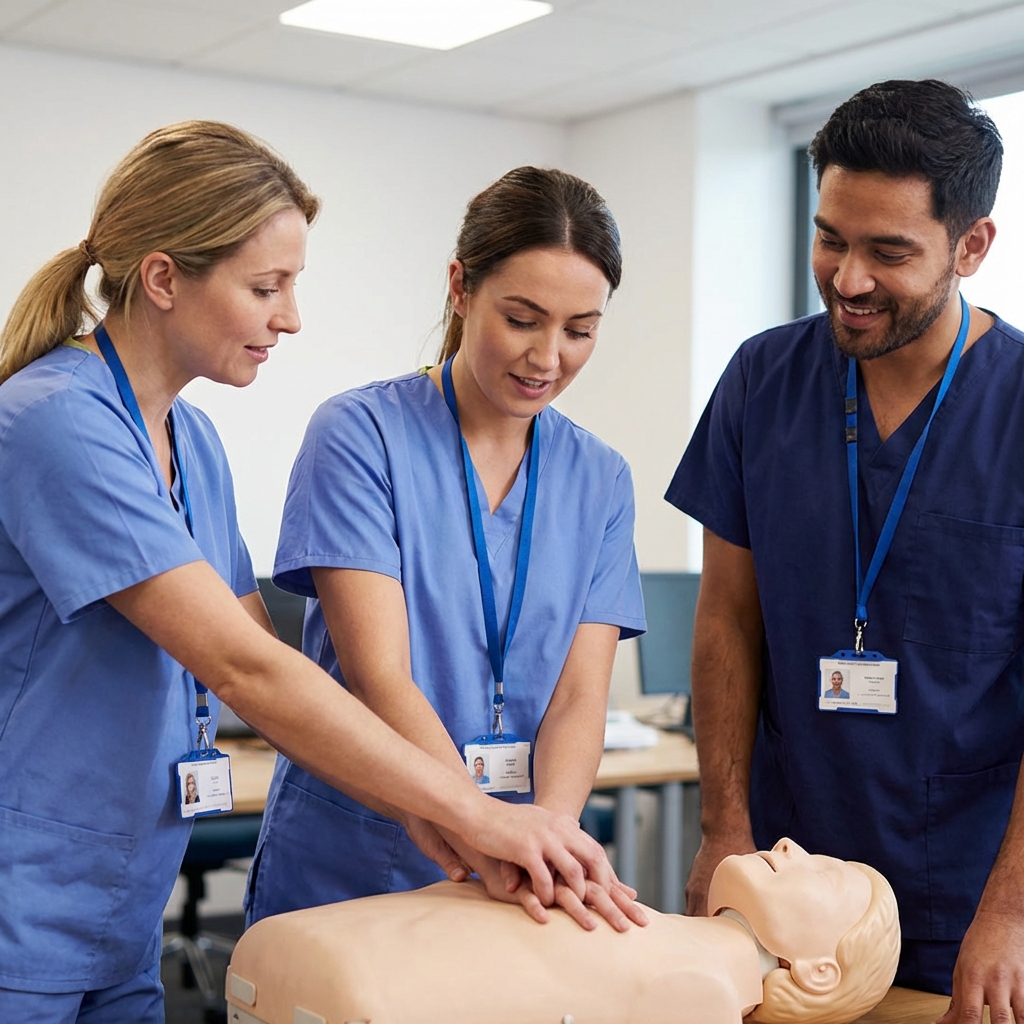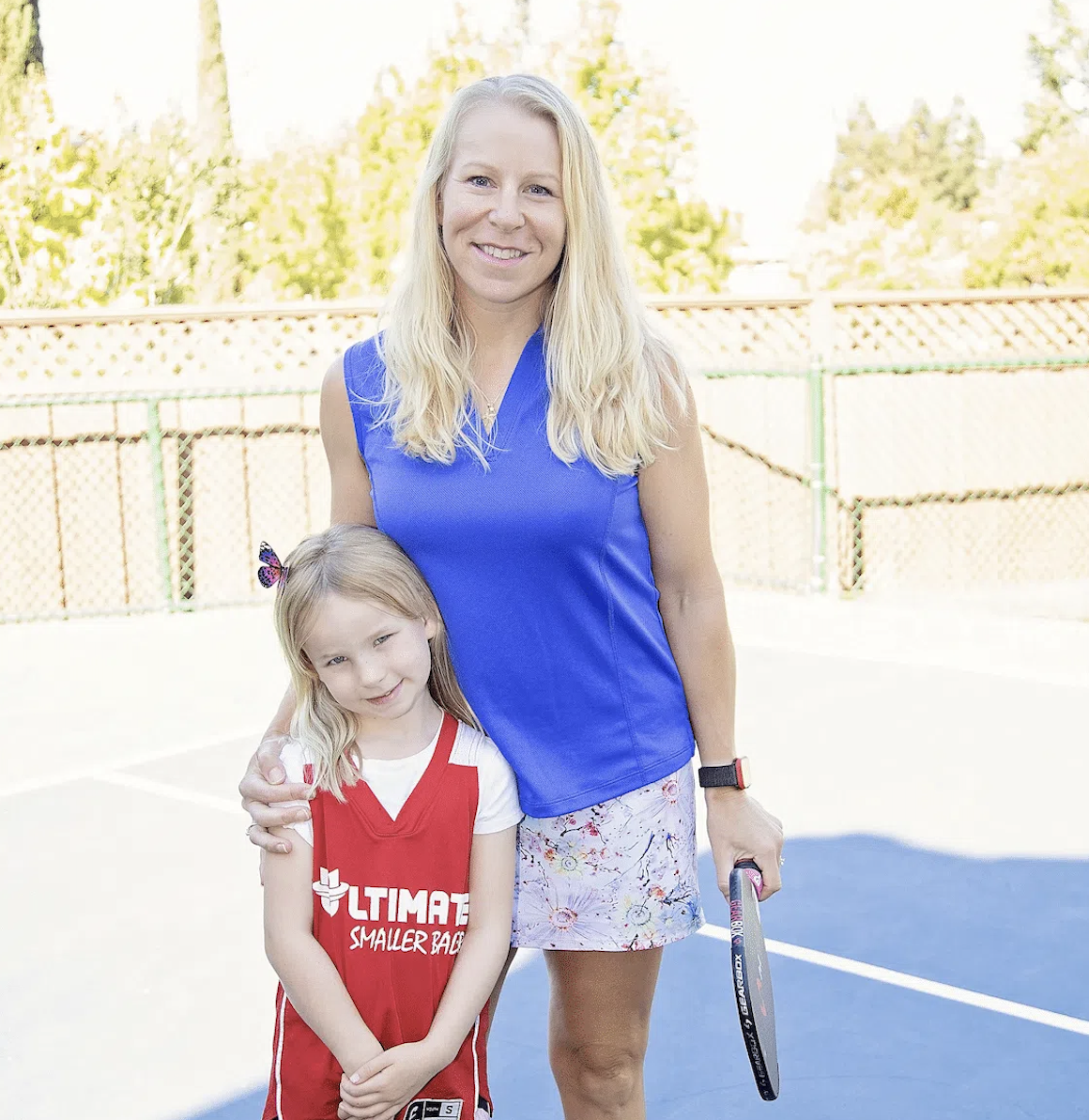Every parent knows that moment—your child falls off their bike, gets a cut in the kitchen, or suddenly starts choking on their food. These emergencies happen fast. Your response can make all the difference.
Building a comprehensive family first aid kit isn’t just about buying supplies. It’s about creating a safety net that combines the right tools with the knowledge to use them effectively. We’ll walk you through everything you need to protect your family, from essential supplies to life-saving training that every parent should have.
Why Your Family Needs More Than Just Band-Aids
Most families have a basic first aid kit tucked away somewhere. But here’s the reality: emergency situations rarely wait for convenient moments. They happen during family barbecues, weekend camping trips, and quiet Tuesday evenings at home.
The difference between a basic kit and a comprehensive family first aid system comes down to preparation. A well-stocked kit handles immediate needs. Proper training handles everything else.
At Safety Training Seminars, we’ve seen thousands of parents complete our CPR and first aid courses. The most common feedback? “I wish I had learned this sooner.” Emergency preparedness isn’t something you can learn in the moment—it requires practice, proper supplies, and confidence in your abilities.
Essential First Aid Kit Components for Families
Wound Care and Bandages
Your first aid kit should handle everything from minor scrapes to more serious injuries. Here’s what you need:
Adhesive bandages in multiple sizes cover most minor cuts and scrapes. Stock both regular and waterproof versions. Kids love colorful bandages, which can help reduce tears during treatment.
Gauze pads and rolls handle larger wounds that adhesive bandages can’t cover. Choose sterile options in various sizes. Gauze rolls help secure pads in place and work well for wrapping injuries.
Sterile dressings provide clean coverage for wounds. These sealed packages prevent contamination and promote healing.
Medical tape keeps everything in place. Choose hypoallergenic options, especially if family members have sensitive skin.
Antibiotic ointment prevents infection in minor cuts. Single-use packets stay fresh longer than tubes.
Antiseptic wipes clean wounds and hands when soap and water aren’t available. These portable cleaners are perfect for outdoor activities.
Emergency Tools and Equipment
Scissors cut bandages, tape, and clothing when needed. Choose medical-grade scissors with rounded tips for safety around children.
Tweezers remove splinters, debris, and stingers. Clean, precise tweezers prevent further injury during removal.
Disposable gloves protect both you and the injured person. Choose latex-free options to avoid allergic reactions.
Digital thermometer helps monitor fevers and track symptoms. Digital models provide quick, accurate readings.
Instant cold packs reduce swelling and pain immediately. These single-use packs activate when squeezed and don’t require refrigeration.
Emergency blanket maintains body temperature and treats shock. These lightweight, reflective blankets pack small but provide crucial warmth.
Medications and Treatments
Pain relievers like acetaminophen and ibuprofen treat pain and reduce fever. Store age-appropriate dosages for all family members.
Antihistamines combat allergic reactions. Benadryl or similar medications can be life-saving for unexpected allergic responses.
Burn gel cools and soothes minor burns. These specialized treatments work better than ice for burn injuries.
Epinephrine auto-injectors are essential if any family member has severe allergies. Make sure all family members know how to use them.
Important Documents and Information
Emergency contact list should include family doctors, poison control, and local emergency services. Laminate this list or store it in a waterproof container.
Medical information cards for each family member should list allergies, medications, and medical conditions. This information helps first responders provide appropriate care.
First aid manual provides step-by-step instructions for various emergencies. Choose a manual with clear illustrations and easy-to-follow directions.
Critical First Aid Training Every Parent Should Have
Having supplies means nothing without the skills to use them effectively. Emergency situations create stress, confusion, and panic. Proper training builds the muscle memory and confidence needed to respond effectively.
CPR Training for All Ages
Adult CPR techniques differ significantly from pediatric methods. Adult CPR uses deeper compressions and different hand positions. The American Heart Association recommends compressions at least 2 inches deep at a rate of 100-120 per minute.
Child CPR requires modified techniques for children ages 1-8. Compressions should be about 2 inches deep using one or two hands, depending on the child’s size.
Infant CPR uses completely different methods for babies under 1 year. Two-finger compressions on the breastbone and gentle rescue breaths require careful technique and practice.
AED Usage and Recognition
Automated External Defibrillators (AEDs) are becoming common in schools, offices, and public spaces. These devices can restart a heart in cardiac arrest. Modern AEDs provide voice prompts, but familiarity with the process saves precious seconds.
Recognition of cardiac arrest is equally important. Knowing when to use an AED versus when to perform CPR can mean the difference between life and death.
Choking Relief Techniques
The Heimlich maneuver for adults and children over 1 year involves abdominal thrusts to dislodge airway obstructions. Proper hand placement and thrust direction are crucial for effectiveness.
Back blows and chest thrusts work for infants under 1 year. These gentle techniques avoid injury to delicate infant anatomy while clearing obstructions.
Recognition of choking helps distinguish between partial and complete airway obstruction. This knowledge determines whether to encourage coughing or intervene immediately.
Shock Recognition and Treatment
Medical shock occurs when the body’s circulatory system fails to deliver adequate blood flow. Symptoms include rapid pulse, shallow breathing, and confusion.
Treatment priorities focus on maintaining body temperature, elevating legs when appropriate, and providing reassurance while waiting for medical help.
Building Age-Appropriate Preparedness
Infant and Toddler Considerations
Choking hazards change as children grow. Infants face different risks than toddlers. Understanding developmental stages helps parents anticipate and prevent common injuries.
Medication dosing requires careful attention to weight and age. Many parents make dangerous mistakes with over-the-counter medications. Proper training includes dosing calculations and administration techniques.
Fever management in young children requires specific knowledge. When to treat fever, when to call a doctor, and how to provide comfort measures are essential parenting skills.
School-Age Children
Sports injuries become more common as children participate in organized activities. Recognizing concussions, treating sprains, and understanding when to seek medical attention protects young athletes.
Playground accidents happen frequently. Knowing how to assess head injuries, treat fractures, and provide emotional support helps parents respond appropriately.
Allergic reactions may not appear until children encounter new foods or environments. Recognition and treatment of mild to severe reactions prevents dangerous escalation.
Teen and Adult Family Members
Mental health emergencies require different responses than physical injuries. Understanding crisis intervention and when to seek professional help protects family members struggling with mental health challenges.
Substance-related emergencies may occur despite prevention efforts. Knowing how to respond to overdoses, alcohol poisoning, and other substance-related crises can save lives.
Home Safety and Prevention Strategies
Creating Safe Environments
Childproofing evolves as children grow. Safety measures appropriate for toddlers may not address risks facing school-age children. Regular safety assessments identify new hazards.
Emergency exits should be known by all family members. Practice evacuation routes and meeting points. Make sure everyone knows how to escape from different areas of the home.
Poison prevention goes beyond cabinet locks. Understanding household hazards, proper storage techniques, and poison control resources protects curious children.
Technology Integration
Emergency apps can provide quick access to first aid instructions and emergency contacts. Many include step-by-step guides for common emergencies.
Smart home devices can call for help when family members are unable to do so themselves. Consider devices that detect falls, monitor vital signs, or provide emergency communication.
Medical alert systems help older family members or those with chronic conditions get help quickly. These devices work inside and outside the home.
Maintenance and Updates
Regular Kit Inspections
Monthly checks ensure supplies remain usable. Check expiration dates on medications and sterile supplies. Replace used items promptly.
Seasonal updates address changing needs. Add sunscreen and insect repellent for summer activities. Include hand warmers and emergency blankets for winter preparation.
Location assessments determine if your kit placement still makes sense. Kits should be easily accessible but secured from children who might misuse supplies.
Training Refreshers
CPR certification expires every two years. Skills deteriorate without practice. Regular refresher training maintains competency and confidence.
New technique updates reflect evolving best practices. Medical recommendations change as research provides new insights. Staying current ensures you’re using the most effective methods.
Family practice sessions help everyone remember their roles during emergencies. Regular drills identify gaps in knowledge and build teamwork.
Professional Training Makes the Difference
Reading about first aid and actually performing it are completely different experiences. Books can’t simulate the pressure of a real emergency. They can’t provide feedback on your technique or answer specific questions about your family’s needs.
Professional training bridges this gap. At Safety Training Seminars, we combine online learning with hands-on practice. Students complete theoretical portions at home, then demonstrate skills with certified instructors. This blended approach accommodates busy schedules while ensuring competency.
Our courses cover everything from basic first aid to advanced life support. We offer specialized training for childcare providers, teachers, and parents. Classes are available every day of the week, including evenings and weekends.
The American Heart Association certifies our programs. Students receive official certification cards the same day they complete training. Our 100% pass rate guarantee ensures everyone leaves feeling confident and prepared.
Taking Action: Your Family’s Safety Plan
Emergency preparedness isn’t about preparing for specific scenarios—it’s about building confidence, skills, and resources to handle whatever comes your way. Every family’s needs are different, but the foundation remains the same: proper supplies, adequate training, and regular practice.
Start with a comprehensive first aid kit that addresses your family’s specific needs. Consider ages, activities, and medical conditions when selecting supplies. Remember that the best kit is one that gets used and maintained regularly.
But don’t stop there. Supplies without skills create false confidence. Invest in proper training that builds real competency. Practice with your family so everyone knows their role during emergencies.
The peace of mind that comes from proper preparation is invaluable. Knowing you can respond effectively
Whether you’re new to CPR or due for recertification, finding a convenient training location can make all the difference. With accessible options like BLS CPR Classes in Hayward and BLS CPR Classes in Elk Grove, it’s easy to get high-quality instruction that aligns with AHA standards—helping you stay prepared to act in critical moments.









